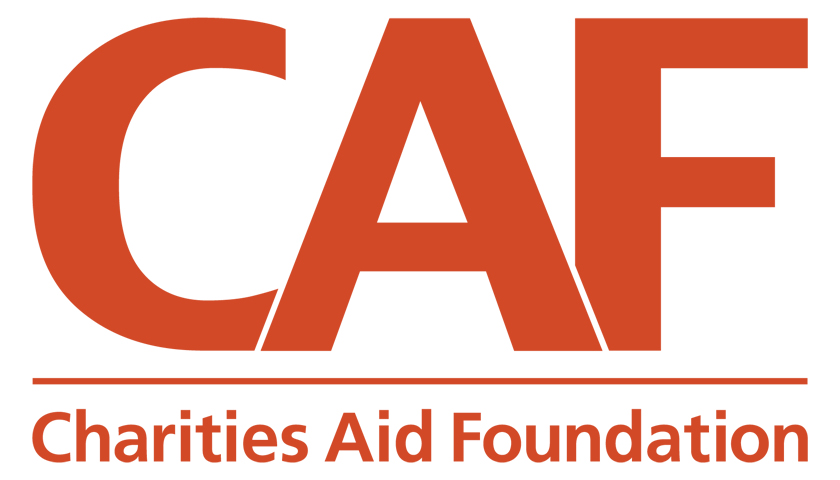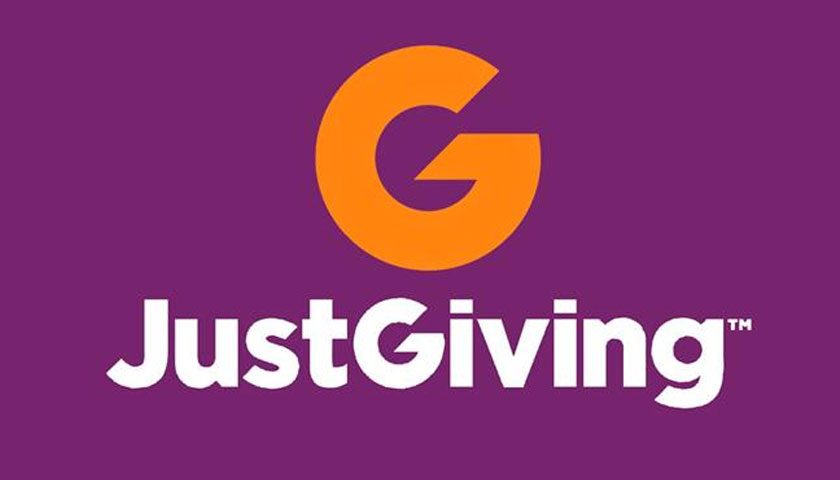New research from the Charities Aid Foundation (CAF) shows just over half (54%) of donors said they claimed Gift Aid when they gave money to charity last year. Although the number of donors using Gift Aid has risen slightly over the past few years, it is still underused by many who pay income tax.
Charities currently miss out on £500 million in Gift Aid which is unclaimed every year. The scheme means registered charities can reclaim income tax on a donation made by a UK taxpayer, effectively increasing the amount of the donation. For a basic-rate taxpayer, approximately 25% is added to the value of any gift made using Gift Aid. A £10 donation will effectively be worth £12.50 to the charity but only if the donation is declared.
More than 12 million people who are self-employed or earn over £100,000 are due to complete a Self Assessment tax return before the deadline approaches on 31st January 2023. They are being encouraged to claim Gift Aid relief on their donations.
Higher rate taxpayers who complete a Self Assessment can also claim back the difference between higher rate and basic rate tax on the value of their donations in personal tax relief. For a 40% rate taxpayer this means that for every £10 donated, an extra £2.50 will go to the charity in Gift Aid, and they can claim back another £2.50 provided they made a Gift Aid declaration to the charity. Just over half (54%) of those with an income over £50,000 a year are aware they can claim tax relief on donations to charity, and a third (35%) are unaware. Individuals can also claim for relief for four years’ worth of previous donations through tax ‘overpayment relief’ with HMRC.
This winter, charities are meeting high demand for their services while donations are falling, and their costs are significantly higher. According to CAF research with charities, a decline in fundraising income is one of the main concerns for two-thirds (67%) of organisations, as households cut back to cover their own bills.
Mark Greer, Managing Director for Philanthropy Services, Charities Aid Foundation, said:
“Charities miss out on millions every year from generous donors who forget to tick the Gift Aid box.
“With the cost-of-living causing many to cut-back, there are some relatively simple ways to make sure the charities you care about are getting the most from your donation. If you haven’t already, make a Gift Aid declaration to the charity. If you complete a Self Assessment and are a higher rate taxpayer, you may also be entitled to personal tax relief and you can also check whether you can claim for donations in previous years.”
How to make the most of your charitable giving in your Self Assessment:
- Declare your donation to claim Gift Aid
Anyone paying income tax who donates money to a charity can enhance their donation by signing a Gift Aid declaration. The charity can then reclaim the basic rate tax already paid on that donation. Higher or additional rate taxpayers who fill in a Self Assessment form can also claim back the difference between the higher rate and basic rate on the value of their donations as personal tax relief or to increase their donation.
- Claim tax relief for previous years
If you forget to claim tax relief, or were unaware you could, then you have four years to submit a claim for tax ‘overpayment relief’ to HMRC. That’s four years after the end of the tax year your claim relates to.
- Declare if you gave shares to charity
This is a relatively little-known way to give to charity but it is also very tax effective. You can give shares directly to charity as long as they are listed on a recognised stock exchange. Donors will get full tax relief on any capital gains tax. You can also claim income tax relief on the fair market value of shares.
- Claim Gift Aid sooner
Self Assessment tax returns normally only include items from the previous tax year. But for Gift Aid, you can also claim tax relief on donations made in the current tax year (up to the date the return is sent) to either get the tax relief sooner, or if you will not be paying higher rate tax in the current year but have paid it in the previous year.
- Let charities know if your circumstances change
The amount of tax you pay needs to be at least equal to the value of Gift Aid the charity will claim on your donations. If circumstances change and you no longer pay enough tax, it’s important to tell all the charities you support. If you don’t tell them and they continue claiming Gift Aid, you may need to pay any difference back to HMRC.

